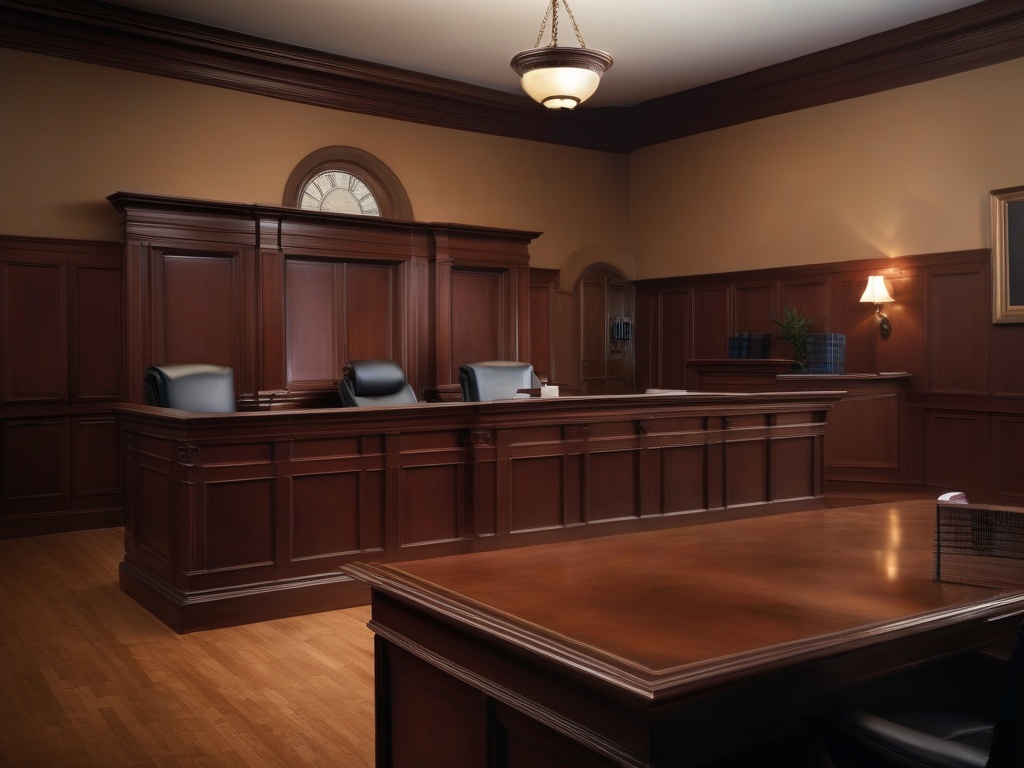
Unveiling the Power Dynamics: Legal Aid vs. Private Attorney – Making the Right Choice
When facing legal challenges, the decision between engaging a legal aid organization or hiring a private attorney can feel like navigating a complex battlefield. At its core, this choice hinges on power dynamics, financial considerations, and accessibility to quality legal services. Legal aid services are designed to bridge the justice gap, providing free or low-cost legal assistance to those in need, often focusing on vulnerable populations. Conversely, private attorneys offer personalized, often more aggressive representation, but typically at a significant financial cost. This fundamental difference shapes the experience and outcomes of legal battles, making the decision crucial for your future.
The core question for many individuals is: Can I afford a private attorney, or should I rely on legal aid? While legal aid advocates for equitable access to justice, their resources are often limited, leading to longer wait times and less personalized attention. Private attorneys, on the other hand, wield greater resources and expertise, often leading to more tailored strategies and potential for better outcomes. However, this comes at a steep price, making it inaccessible for many. The power dynamic here is clear: those with financial means can command more influence and control over their legal situations, while those relying on legal aid may face constraints but gain access to essential legal services. Ultimately, the choice hinges on balancing financial capacity with the complexity and urgency of your case, ensuring you make an informed, strategic decision.
” ], “meta_keywords”: “Legal Aid, Private Attorney, Legal Representation, Justice, Legal Services, Cost of Legal Help, Access to Justice, Power Dynamics in Law
Cost, Quality, and Access: Decoding the True Value of Legal Representation
At the heart of the legal representation debate lies a stark reality: cost doesn’t always equate to quality. Legal aid services, with their focus on affordability, often face resource limitations that can impact the depth of legal research, strategic planning, and personalized attention. Yet, for many, these services provide an essential lifeline, bridging the gap to justice they might otherwise be priced out of. Conversely, private attorneys, with their substantial resources, can deploy advanced legal strategies, access extensive networks, and customize their approach to meet the nuances of each case. This often results in a perception of superior quality, but it comes with a hefty price tag that can overshadow the potential benefits. The true value of legal representation, therefore, hinges on a delicate balance — where the complexity of the legal issue and the stakes involved dictate whether affordability or elite expertise takes precedence.
Accessibility to legal services remains a pivotal factor, shaping the very fabric of justice itself. Legal aid organizations dismantle barriers— whether financial, geographical, or social— enabling marginalized groups to claim their rights and seek resolution. This inclusivity fosters a more equitable legal ecosystem, even if it sometimes entails longer wait times or less immediate response. On the other side, private attorneys often offer expedited, highly tailored services, providing clients with a sense of control and urgency that legal aid cannot match. However, this privilege is reserved for those who can afford it, creating an inherent disparity in legal access. As a result, the question transcends mere affordability and touches on the broader issue of justice availability—prompting individuals to evaluate not just what they can pay, but what they truly need in terms of timely, effective legal intervention to safeguard their rights and future.
” , “meta_keywords”: “Legal Aid, Private Attorney, Legal Representation, Cost of Legal Help, Access to Justice, Quality of Legal Services, Justice Equity, Legal System Disparities
When to Fight with a Public Defender or a Private Lawyer: Strategic Insights for Your Case
Navigating the legal landscape requires not just understanding your options but also knowing when to leverage each type of legal representation for maximum impact. The decision to engage a public defender or a private attorney hinges on specific factors within your case’s context, including the severity of the charges, the complexity of the legal issues at hand, and your personal circumstances. Recognizing the strategic moments to opt for one over the other can significantly influence your chances of a favorable outcome.
For cases involving straightforward criminal charges, especially when resources are limited, a public defender can provide a robust defense rooted in extensive experience with similar cases. These attorneys are often seasoned professionals who understand the nuances of local courts and prosecutors, making them formidable advocates despite the limited resources. Conversely, if your case involves complex legal nuances, high stakes, or potential for substantial financial or personal repercussions, investing in a private attorney can offer tailored legal strategies, dedicated attention, and often more aggressive representation. This strategic choice is rooted in the understanding that sophisticated cases demand personalized expertise and resources that public defenders may not be able to provide due to caseload constraints.
Additionally, the timing of your legal representation plays a crucial role. When facing urgent legal deadlines or seeking to challenge procedural issues, a private attorney’s ability to swiftly adapt and prioritize your case can make a tangible difference. Meanwhile, if your legal matter is more about ensuring basic rights and navigating procedural complexities, a public defender’s familiarity with local legal processes can be an invaluable asset. Ultimately, the decision is a strategic calculus—balancing the legal intricacies, the potential consequences, and the resources available—aimed at maximizing your chances of a positive resolution.
